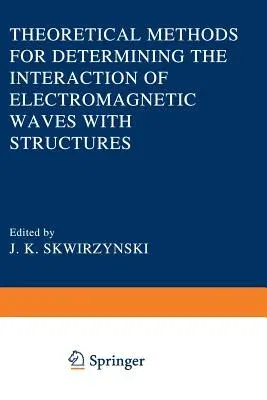Theoretical Methods for Determining the Interaction of Electromagnetic Waves with Structures (Softcover Reprint of the Original 1st 1981)Paperback - Softcover Reprint of the Original 1st 1981, 22 April 2012

Qty
1
Turbo
Ships in 2 - 3 days
In Stock
Free Delivery
Cash on Delivery
15 Days
Free Returns
Secure Checkout
Part of Series
NATO Science Series E:
Part of Series
NATO Science Series E: (Closed)
Print Length
927 pages
Language
English
Publisher
Springer
Date Published
22 Apr 2012
ISBN-10
9401181314
ISBN-13
9789401181310
Description
Product Details
Book Edition:
Softcover Reprint of the Original 1st 1981
Book Format:
Paperback
Country of Origin:
NL
Date Published:
22 April 2012
Dimensions:
23.39 x
15.6 x
4.65 cm
ISBN-10:
9401181314
ISBN-13:
9789401181310
Language:
English
Location:
Dordrecht
Pages:
927
Publisher:
Weight:
1270.06 gm

